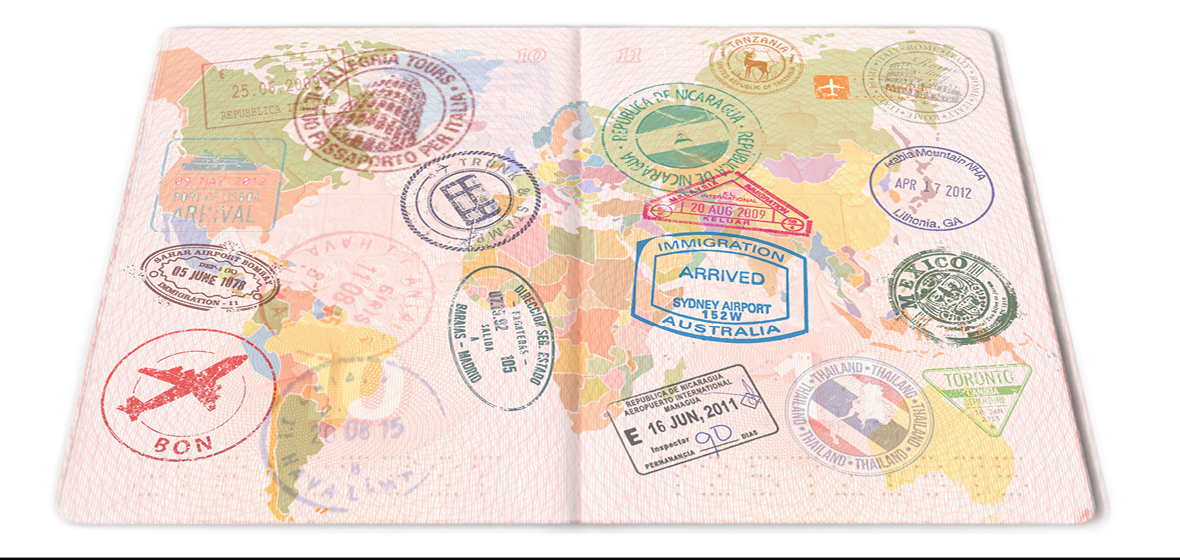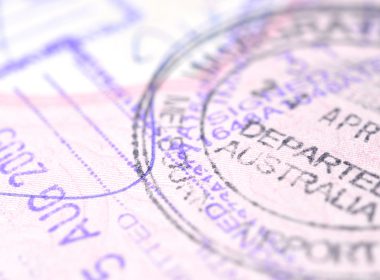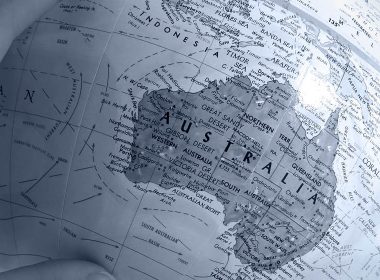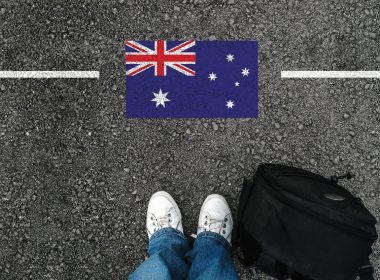Snapshot
- Aboriginal Australians are not within the reach of the ‘aliens’ power conferred by s 51(xix) of the Constitution and therefore cannot be deported.
- A person is relevantly ‘Aboriginal’ if they satisfy the tripartite test noted by Brennan J in Mabo (No 2), requiring: descent, self-identification and community recognition.
- Statutory citizenship and constitutional alienage are not necessarily antonyms of each other.
On Tuesday 11 February 2020, the High Court delivered its much-anticipated decision in Love v Commonwealth of Australia; Thoms v Commonwealth of Australia [2020] HCA 3. At issue was whether Aboriginal Australians, born overseas, without the statutory status of Australian citizenship and owing foreign allegiance (i.e. possessing a foreign citizenship), were ‘aliens’ within the meaning of s 51(xix) of the Australian Constitution. If they were, then they could be deported under the relevant provisions of the Migration Act 1958 (Cth). If they were not, then the constitutional head of legislative power relied on to support their deportation, and so the legislative provisions relied on, did not apply to them. This was the first time the relevance of Aboriginality for the aliens power had been litigated.
A majority of four of seven judges of the High Court held that ‘Aboriginal Australians are not within the reach of the ‘aliens’ power conferred by s 51(xix) of the Constitution’. This was the central proposition agreed to by Bell, Nettle, Gordon and Edelman JJ, albeit writing individual judgments with significant differences between them. The government accepted that one of the plaintiffs, Mr Thoms, was Aboriginal and within hours of the decision being handed down he was released from immigration detention, where he had been held pending removal. The position of the second litigant, Mr Love, has yet to be settled, with the factual question of his Aboriginality remitted to the Federal Court.
Three of the seven judges – Kiefel CJ, Gageler and Keane JJ – dissented on the central proposition, ruling that Australian Aboriginality was irrelevant to alienage, and that the plaintiffs, born overseas, without Australian citizenship and with foreign citizenship, were aliens and so vulnerable to deportation.
The two plaintiffs were born outside of Australia – Daniel Love in the Independent State of Papua New Guinea, Brendan Thoms in New Zealand. While each had an Australian citizen parent of Aboriginal descent, each was born with the citizenship of their country of birth and not Australian citizenship. Love identifies as Kamilaroi and is recognised as such by an elder of that Aboriginal community. Thoms identifies as Gungarri and is accepted by members of the Gungarri people as such. He is also a native title holder. Both Love and Thoms moved to Australia as young children and became Australian residents. As adults they were each convicted of crimes to which were attached sentences of 12 and 18 months respectively. That led to an automatic cancellation of their visas, pursuant to a legislative provision that makes a sentence of imprisonment of 12 months or more a breach of the ‘character test’. They were placed in immigration detention pending deportation, in accordance with the Migration Act. Mr Love had had the decision to cancel his visa, which triggered action to deport him, revoked. He was before the Court in an action for false imprisonment.




